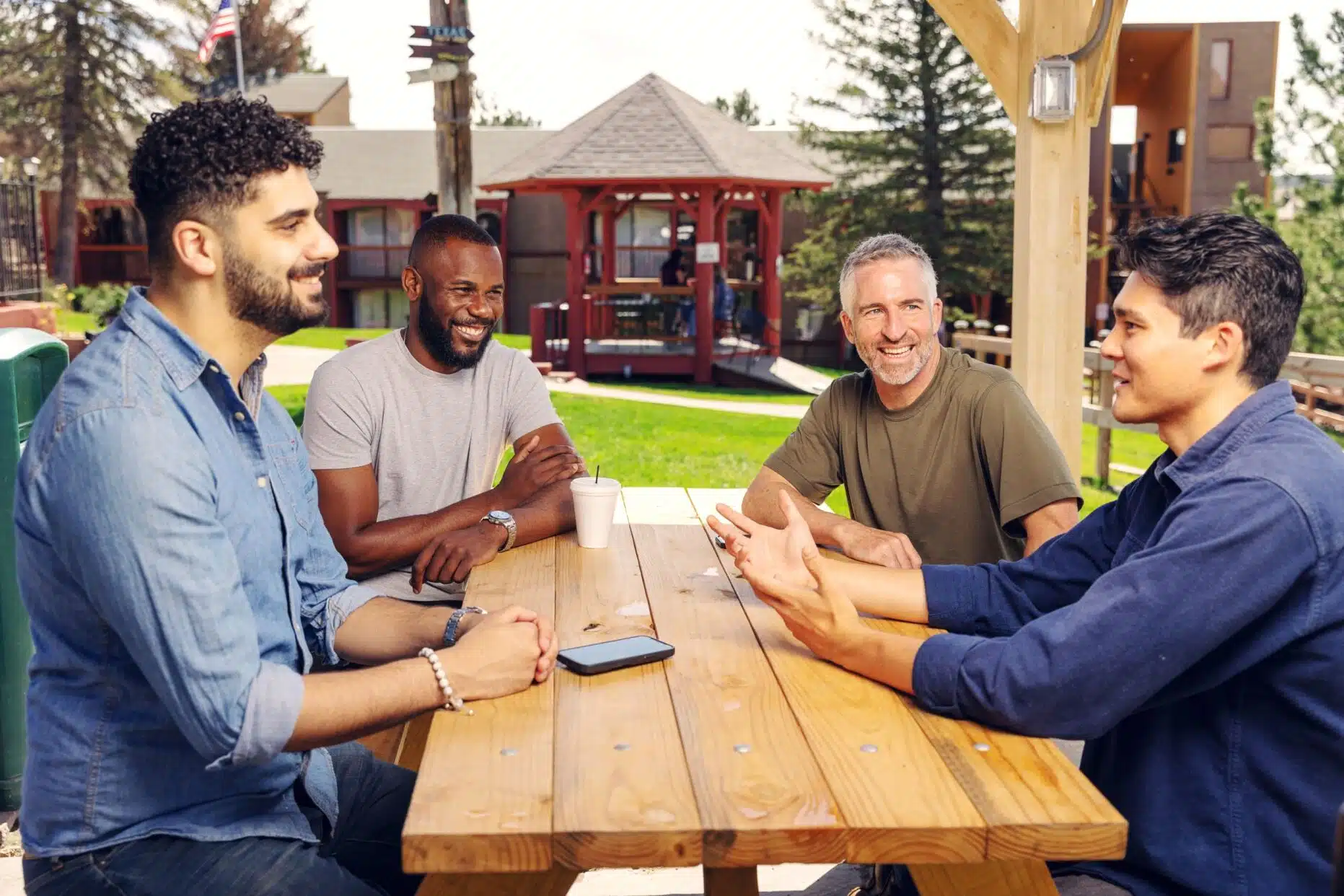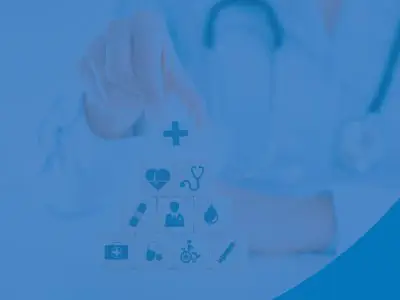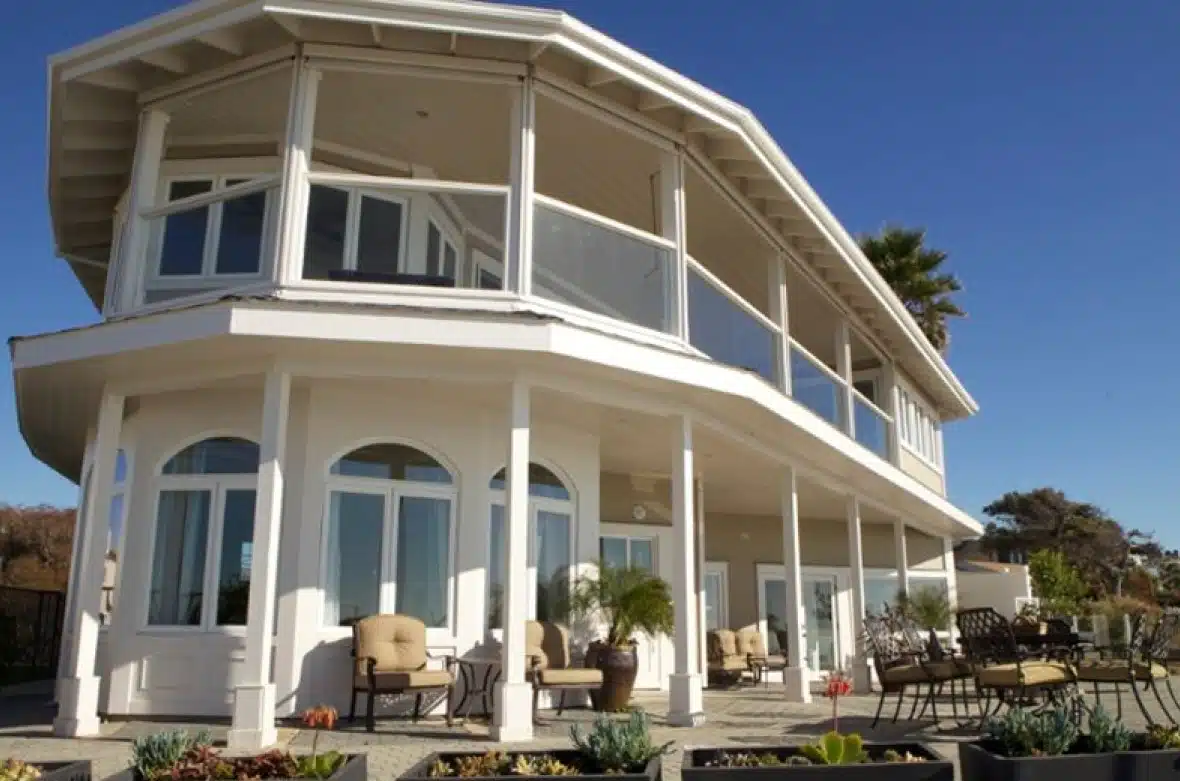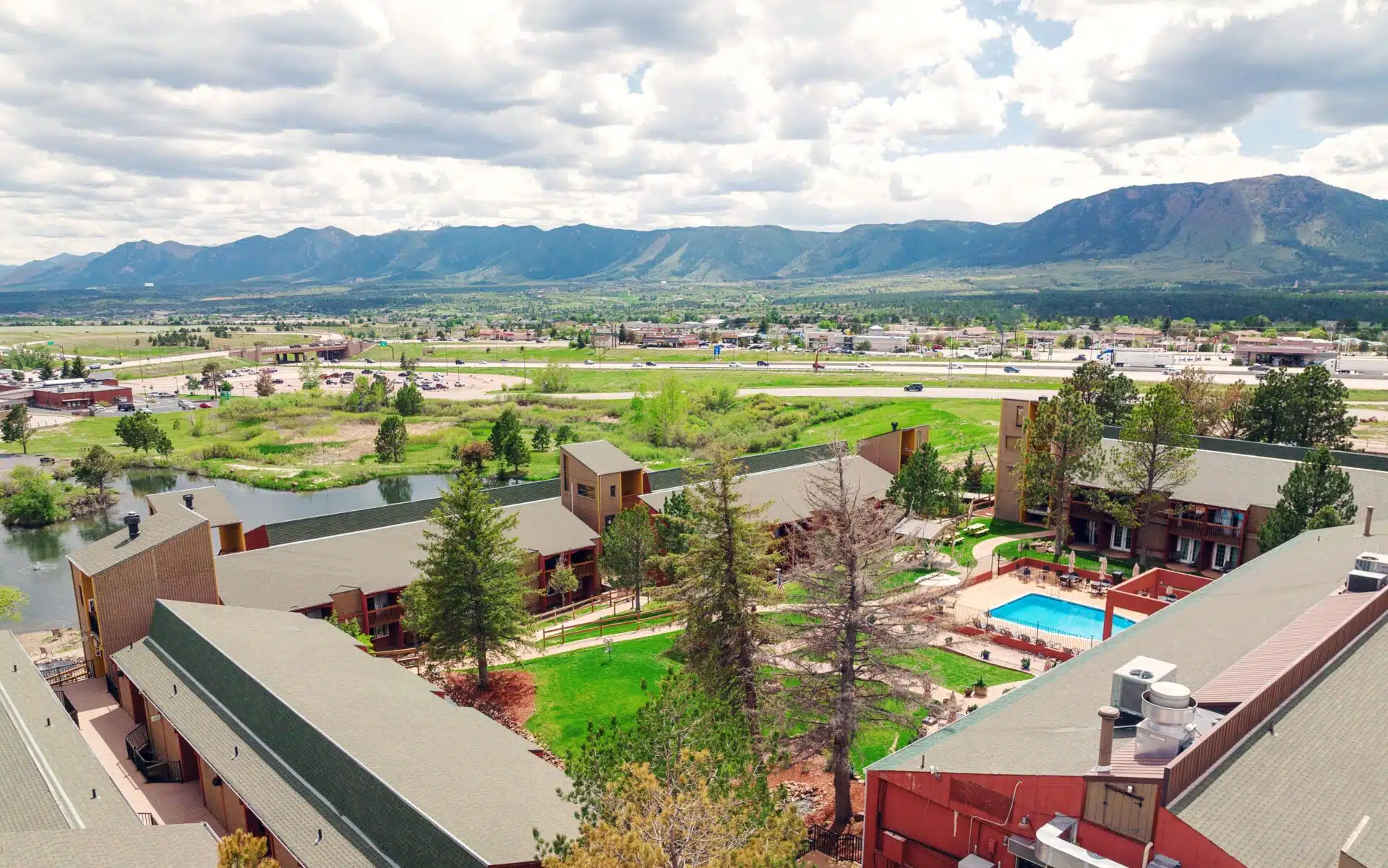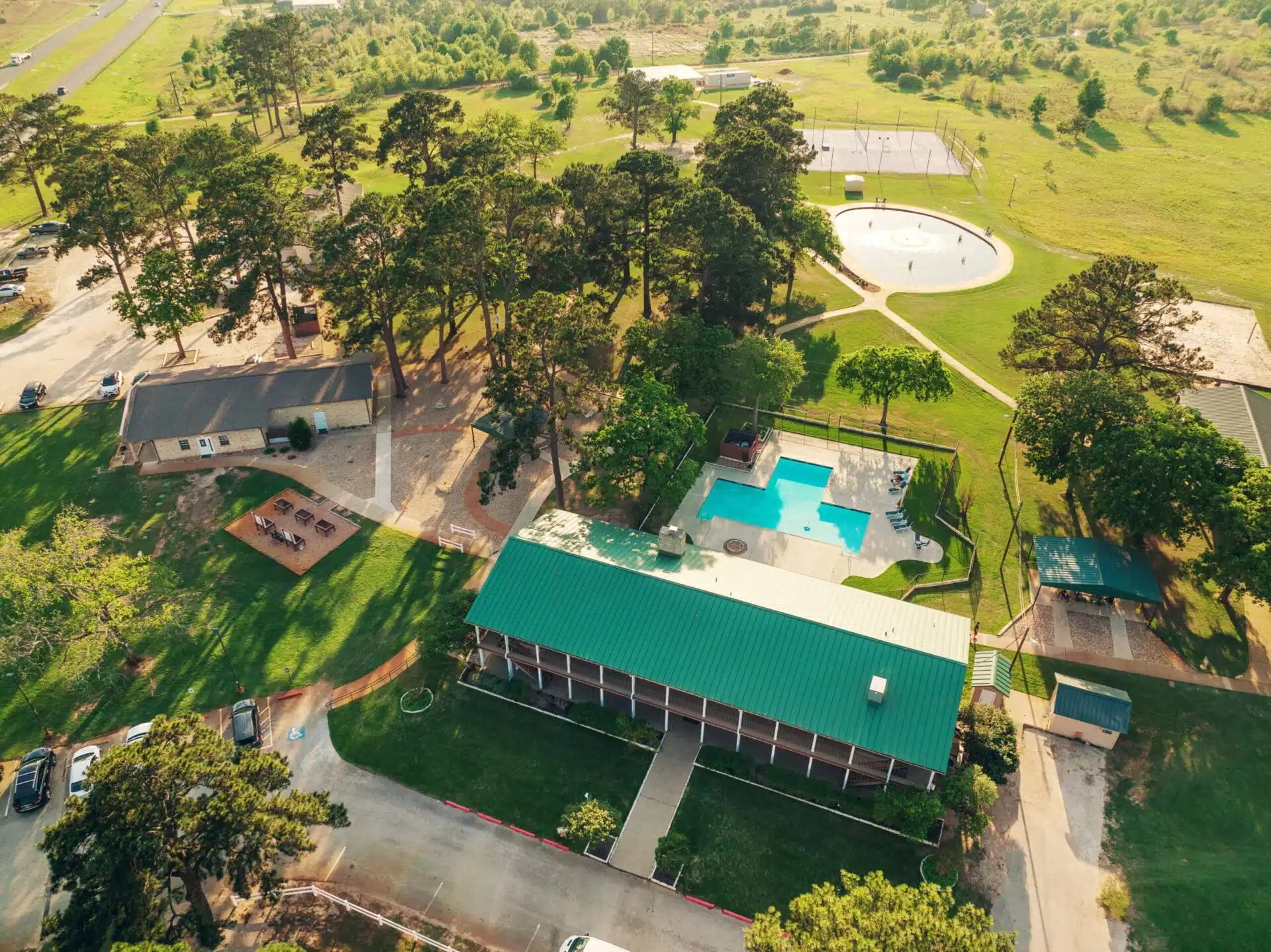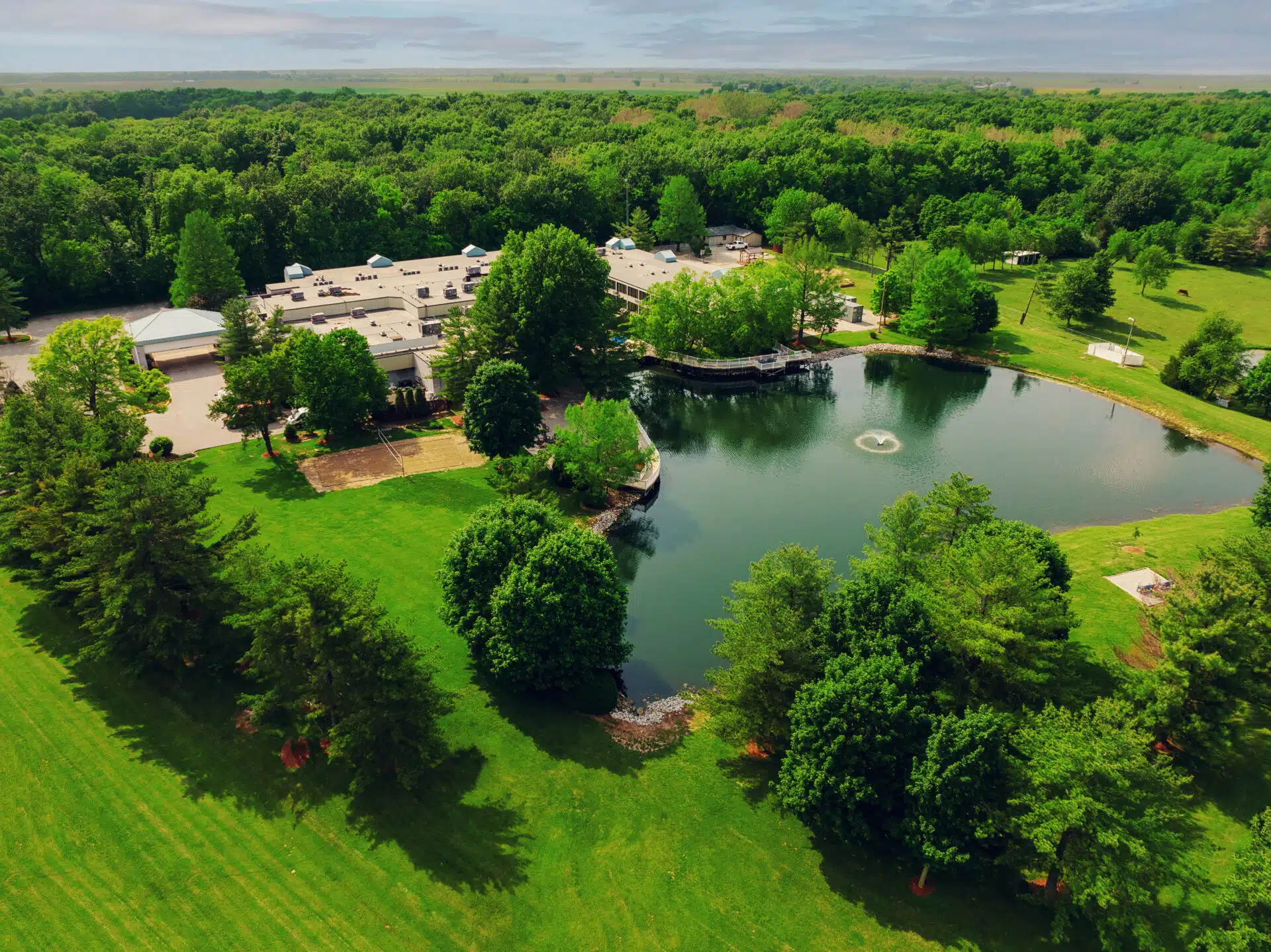Twelve-step support groups have a long history in addiction recovery, and many may think of Alcoholics Anonymous first when they consider peer support for drug or alcohol dependence.
Many people swear by such groups for the fellowship they provide. However, others prefer a more secular approach that focuses on self-empowerment over submitting to a higher power.
Fortunately, there are non-12-step alternatives in and around Fort Collins, Colorado, to help people as they recover.
Is There a Need for Non-12-Step Rehab in Fort Collins, CO?
Fort Collins, Colorado, is home to snow-capped mountains, lakes, and rivers, as well as to Colorado State University.
It’s in Larimer County, which is part of the Rocky Mountain High Intensity Drug Trafficking Area (RMHIDTA). The RMHIDTA works with state, federal, and local authorities to combat regional drug trafficking. The RMHIDTA includes 30 counties across Montana, Utah, Wyoming, and Colorado. Denver, just south of Larimer County, is its headquarters.
In recent years, the Northern Colorado Drug Task Force (of which the Fort Collins Police Services is a part) has made some notable busts. Operation Two Birds One Stone not only uncovered more than 4,500 fentanyl pills and 12 pounds of methamphetamine, but also heroin and cocaine, plus firearms and explosives. Tens of thousands of dollars of stolen property were recovered.
Larimer County is no stranger to binge drinking, either. One in four adults admitted to doing so in the past 30 days.
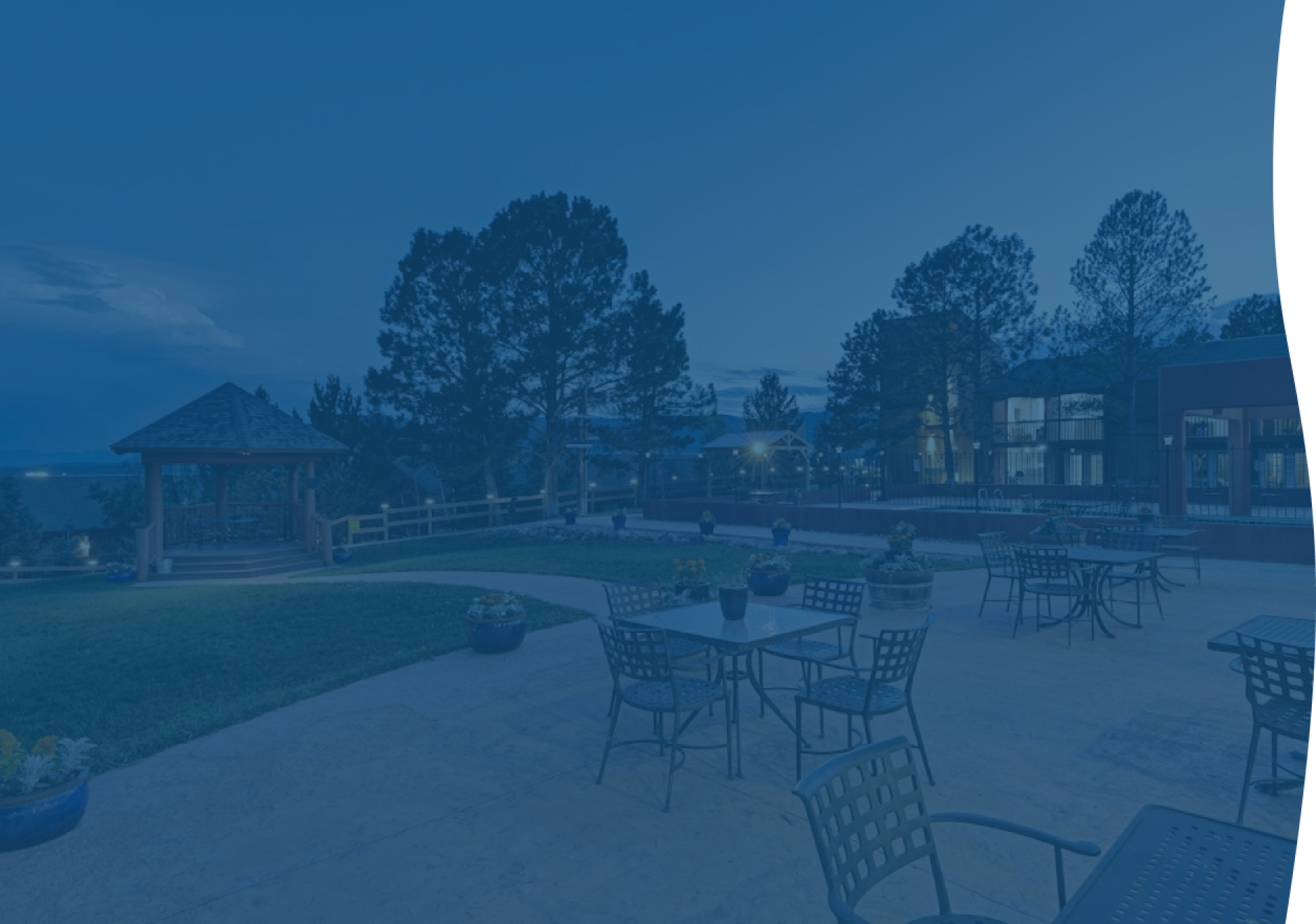
Why Do Non-Twelve Step Treatment Programs in Fort Collins, CO, Exist?
Twelve steps focus on working the program, admitting powerlessness, practicing humility, and making amends. A person need not be religious, but many feel it’s important to acknowledge a higher power.
Not everyone prefers a spiritual bent, however. That’s where non-12 steps may help. Non-12-step rehab programs in Fort Collins, CO, recognize people want different ways to get sober or overcome addiction.
Some key differences between 12 steps and non-12 steps include:
- Secularity. 12-step programs traditionally are more spiritual. Alcoholics Anonymous is the oldest and best known, but many others have emerged in its wake. Non-12 steps, because they lean secular, come across as more welcoming to non-Christians. Non-12 steps are not anti-religion. They just don’t dwell on it or identify with a specific faith.
- Self-control. 12-step programs tend to focus on the individual’s powerlessness over alcohol or drugs, and a belief they need help from a higher power to overcome addiction. Non-12 steps believe the individual is strong enough to overcome addiction without relying on faith or without seeing drug or alcohol dependence as a moral failing.
- Changing approaches. Non-12-step programs tend to evolve much more rapidly than 12 steps. A non-12-step may shift techniques when approaches (like cognitive-behavioral therapy) are proven fruitful. They’ll consider new research as it becomes evident.
- Label-free. Many 12 steps consider addiction a lifelong battle that requires regular meetings, even if a person has been sober for many years. Some alternatives take a more short-term or forward-looking approach. The past is one thing, but it’s not everything. What a person does today and works toward tomorrow is valuable, too.
What Are Some Options for Non-12-Step Recovery Programs in Fort Collins, CO?
Some of the best options for non-12-step recovery in Fort Collins, Colorado, include:
SMART Recovery
SMART (Self-Management and Recovery Training) Recovery holds mutual support meetings around the world, not only for drug or alcohol dependence but also gambling or overeating and other addictions.
They work to change behaviors through their 4-Point Program by:
- Finding the motivation to change.
- Developing ways to cope with the urges to use.
- Working through thoughts, feelings, and behaviors in productive, nonharmful ways.
- Living a balanced and healthy life.
Motivation to survive, avoid pain, and seek pleasure drive human behavior. According to SMART Recovery, these self-destructive behaviors may help a person avoid pain or feel pleasure for the short term, but they stand in the way of lasting happiness and can lead to addiction.
A person will be steered away from that sense of powerlessness, working through anger, anxiety, low self-esteem, and better self-acceptance. Problematic behaviors are replaced with more enjoyable and healthier ones. Cognitive-behavioral therapy is a huge component of SMART Recovery.
SMART Recovery meetings are held in and around Fort Collins, at some rehabs (as part of their programming) as well as online. (Many meetings have been shifted online during COVID-19.)
LifeRing Secular Recovery
LifeRing Secular Recovery focuses on achieving and maintaining abstinence from drugs and alcohol through its 3-S philosophy of:
- Sobriety
- Secularity
- Self-help
LifeRing believes a person has the power to overcome addiction. It won’t be easy, and there may be bumps in the road, but it’s doable. Within each person is a “Sober Self” and an “Addict Self.” LifeRing believes in strengthening the “Sober Self” and weakening the “Addict Self.”
LifeRing is fine with higher powers and sponsors, but they believe the individual is the best person to design their own recovery program. A person knows (or can learn) what triggers cravings and knows (or can learn) what nourishes them. The individual does the work, but LifeRing helps provide support and advice.
Meetings are held online and in person. There also are online forums and email groups.
Women For Sobriety
Women For Sobriety was founded specifically for women who are overcoming substance use disorders. Their 13-Point New LIfe program is open to all women from all walks of life and backgrounds.
The goal is to empower and provide support while addressing the unique challenges women in recovery tend to face. They don’t believe that addiction is a moral failing but the result of a serious disorder that requires work and healing. Women sometimes contend with a lot of guilt, depression, or low (and sometimes no) self-esteem, and they resort to substance use as a way to cope. Healing comes by addressing real needs and improving self-worth. That happens through:
- Positive reinforcement
- Positive thinking
- Letting the body help heal (exercise, diet, meditation)
Meetings are held online and in person, including in Denver and Boulder. (Due to social distancing, most groups are gathering via videoconferencing.) There are online forums, and phone support is also available.
How Are Non-12-Step Rehabs in Fort Collins, CO, Similar to Other Approaches to Sobriety?
Non-12 steps and 12 steps have differences, but the overall rehab experience consists of:
- Assessment: The patient is evaluated to determine their needs (alcohol or drug addiction, mental disorders) and devise a treatment plan.
- Detox: This is usually done at a rehab or clinic with medical assistance. Medication may be needed to ease withdrawal symptoms like anxiety, vomiting, and anxiety.
- Treatment: Begins after detox. Individual and group counseling, family therapy, relapse prevention, support groups, medication management, and more are components of treatment.
- Aftercare: This readies the patient for life following rehab. They’ll have developed coping mechanisms and ways to handle stress so they can better avoid relapsing.
Non-12-step recovery programs in Fort Collins, CO, will have that foundation in common with 12 steps. One will take a more self-empowering approach over admitting powerlessness. Neither path is wrong. It’s what works for the individual. In some cases, patients benefit from both 12 steps and non-12 steps.
Sources
Medical disclaimer:
Sunshine Behavioral Health strives to help people who are facing substance abuse, addiction, mental health disorders, or a combination of these conditions. It does this by providing compassionate care and evidence-based content that addresses health, treatment, and recovery.
Licensed medical professionals review material we publish on our site. The material is not a substitute for qualified medical diagnoses, treatment, or advice. It should not be used to replace the suggestions of your personal physician or other health care professionals.
